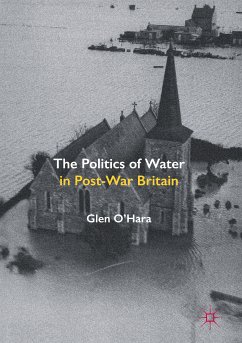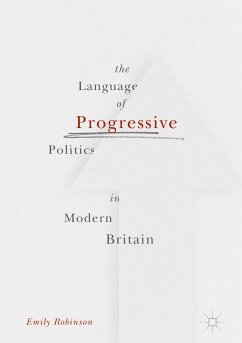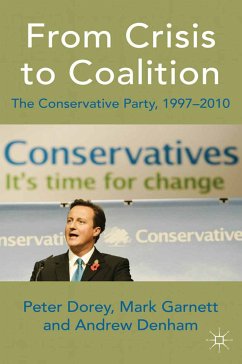Dieser Download kann aus rechtlichen Gründen nur mit Rechnungsadresse in A, B, BG, CY, CZ, D, DK, EW, E, FIN, F, GR, HR, H, IRL, I, LT, L, LR, M, NL, PL, P, R, S, SLO, SK ausgeliefert werden.
"The politics of water in post-war Britain has much to offer the fields of environmental history and political history. It represents the drawing together of a number of interdisciplinary threads to address the topic of water, and the politics it engenders,as a whole, which I am certain will prove useful and informative for the future study of water politics and environmental history as a whole." (Jane E. Rowling, Agricultural History Review, Vol. 68 (1), 2020)
"This text will appeal most to graduate students and specialists in the field, and it points to many topics deserving of further study. It is an excellent reference text and is essential reading for anyone interested in The Politics of Water in Post-War Britain." (Matthew Osborn, Environmental History, Vol. 25 (1), 2020)









